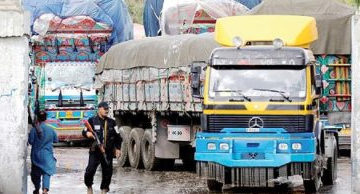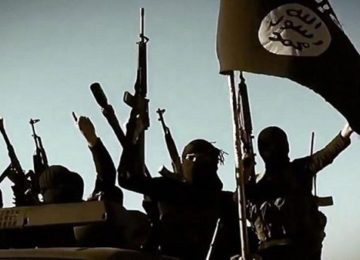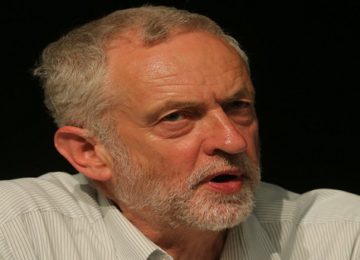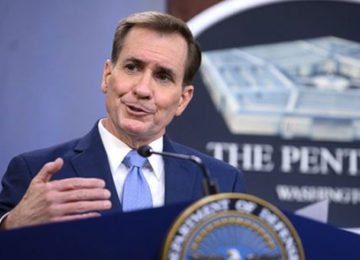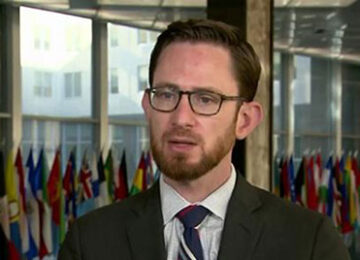Shortly before leaving back for her Birmingham abode, Malala Yousafzai told an American radio in Islamabad:
“In the outside world, internationally, there are concerns that Pakistan is a terrorist country or there is no peace in Pakistan. So, my trip was important to give the message that there is peace in Pakistan and the people of Pakistan have stood against extremists.”
This message ran contrary to the perceptions being spread around the globe , and by some within the country , that Pakistan is an insecure place.
Even global networks such as the BBC hallucinated some gun-totting terrorists going stalking Malala to take her out. And hence skeptical, twisted questions. I personally faced two uneasy interviewers – one of BBC channel 4 and the other of AFP – the news agency on the day Malala landed in Pakistan. They called me up to find out whether the Nobel Peace Prize Laureate would be safe in Pakistan.
“Will Malala be safe in Pakistan, is the government in a position to protect her, and will the government be able to prove her enough security,” was the crux of questions from these two different media outlets. Most of the questioning was accompanied by negative connotations in other media too.
But, to their surprise, and to the shock of many perennial skeptics at home, Malala didn’t restrict herself to the Serena Hotel only. She did return to her home in Swat, accompanied by a federal minister. And of course there is no dearth of her detractors within Pakistan – nay-sayers, conspiracy-smelling crowds who would rather like to cling on to their stinking theories on Malala’s father.
Shouldn’t we celebrate Malala as a Pakistani-global icon even if something unpleasant happened in the past – real or perceived? Shouldn’t we own her as a symbol of the country’s soft and improving image in an extremely hostile regional environment?
Shouldn’t we thank her for saying that she wanted the world to know that Pakistan is peaceful and that its people have stood up to extremists.
In an otherwise regionally explosive and globally unfavorable context – when the Financial Action Task Force has put Pakistan on a watchlist for issues related to terrorist financing, the USA has banned seven Pakistani companies and also designated the Pakistan Milli Muslim League as a terrorist organization – Malala’s statements during her visit indeed augured well for the country.
No amount of official exhortations and explanations can replace the impact that Malala’s words can generate through her words. Every single word should be treated as an antidote to the negative narrative that accompanies Pakistan’s image abroad.
This also underscores the importance of soft image projection through co-option of iconic figures such as Malala. Many would and may scoff at this characterization of the young lady but lets us step out of the state of denial and listen to what the extended global community says about her. And herein lies the catch; build on the positives around as much as possible.
Just look at the nine Pakistanis who recently made it to Forbes Asia’s 30 Under 30. The 2018 list features 30 game changers, young innovators and disruptors across 10 categories “who are re-inventing industries and driving change” across the continent. Have we have celebrated and projected these young entrepreneurs to the extent they deserved? Shouldn’t the government and the society be drumming up these positives i.e. Malalal and Forbes’ “game-changers”?
The author Imtiaz Gul is the Executive Director of Center for Research and Security Studies (CRSS).
This article was originally published in Daily Times on April 04, 2018. Original link.




